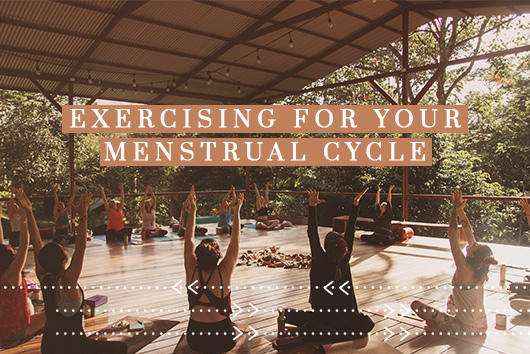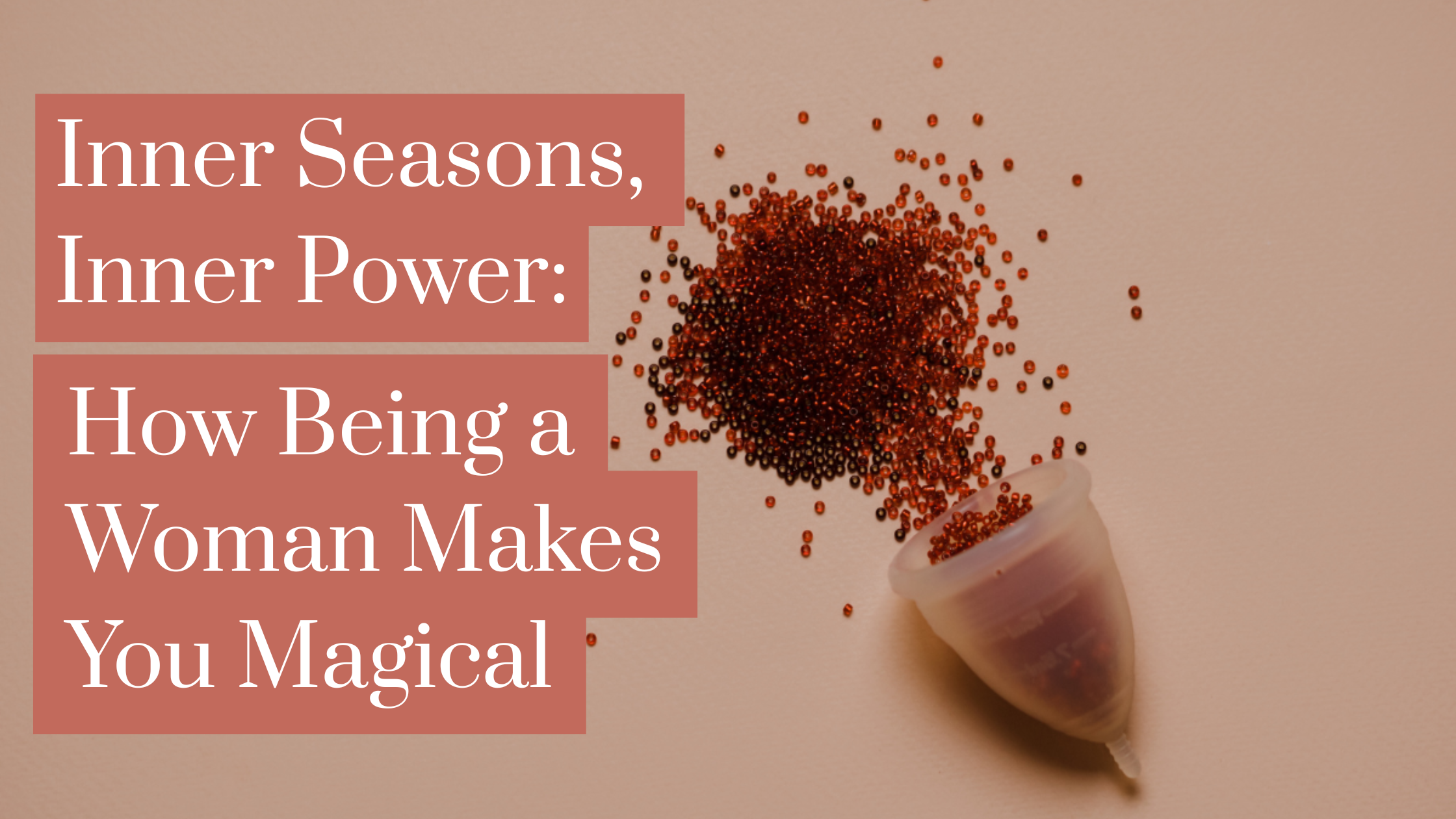What Fasting Does to Womb Health (It’s Not What You Think)

Usha Anandi. 29 | OCTOBER | 2024
I used to be that girl – the one who would skip meals or go an entire day on a cup of coffee just to achieve some twisted vision of the female beauty standard that never felt like me.
Growing up in the toxic dieting culture of the early 2000s, I thought starving myself was the ticket to success. Intermittent fasting, skipping breakfast, even OMAD (One Meal A Day)… I did it all. But instead of feeling light, energetic, and powerful, I felt inflamed, exhausted, and honestly, pretty weak.
Here’s the truth: these diets might be trendy, but they weren’t made for women. And they definitely weren’t made with our womb health in mind.
If you feel the urge to explore womb-centered healing practices that truly nourish you from the inside out, you might be a Wise Womban. For all the Ayurveda-curious witches out there who want to learn true nourishment, I invite you to check out my year-long mentorship below…
THE REAL DEAL ON FASTING AND HORMONES
Let’s break it down. Our metabolism isn’t just a machine that burns calories and makes us poop. It’s a deeply intricate system that governs our energy, digestion, and, yep – you guessed it – our hormones.
When we as women starve our bodies, we’re not just losing fat; we’re also sending shockwaves through our entire reproductive system.
Let’s take a look at exactly what happens when you skip meals on the regular:
After 1 Day of Skipping Meals
🔸 Cortisol Spikes: Your stress hormone, cortisol, starts to rise as your body senses it’s not getting enough fuel. This puts you in “fight or flight” mode, increasing anxiety and making your body store fat, particularly around your midsection (yes, you read that right!)
🔸Blood Sugar Drops: Without food, your blood sugar plummets. To compensate, your body releases stored glucose, which can cause shakiness, irritability, and intense cravings for sugary or high-carb foods
After 2 Days:
🔸Hormonal Imbalances Begin: Your body is already starting to prioritize survival. If you regularly skip meals, hormone levels like insulin and leptin (which control hunger and metabolism) start to fluctuate, leading to cravings, mood swings, and irregular menstrual cycles
🔸Sluggish Digestion: Your digestive fire, or agni, weakens, making it harder for your body to process food when you do eat. You may notice bloating, gas, or indigestion as your system struggles to keep up
🔸Fight-or-Flight Intensifies: With consistent cortisol spikes, your body is in a constant state of stress. This can cause mental fog, heightened anxiety, and a further decrease in metabolism as your body clings to energy reserves
After 1 Week:
🔸Muscle Breakdown: If your body isn’t getting enough calories, it may start breaking down muscle tissue for energy. This not only makes you feel physically weaker but also slows down your metabolism, making it harder to burn fat in the future
🔸Worsening Hormonal Imbalances: At this point, your reproductive hormones can be significantly impacted. You might notice your period becomes irregular or stops altogether as your body diverts energy away from non-essential functions like reproduction
🔸Cortisol Takes Over: Elevated cortisol over time can lead to constant fatigue, difficulty sleeping, and for you to keep storing fat around your tummy (remember my feelings of inflamation, exhaustion, and weakness?)
After 1 Month:
🔸Chronic Nutrient Deficiencies: Your body is starved of essential nutrients, leading to long-term health impacts like hair thinning, dry skin, and weakened immunity
🔸Metabolism Slows Down: As your body adapts to the lack of regular fuel, it slows your metabolism to conserve energy, which can lead to weight gain even if you’re eating less
SO WHAT THE HECK DO I DO INSTEAD?
Most of the women I know are tired, burnt out, and – honestly – forgetting to eat half the time. We’re already running on empty, so why would skipping meals be the answer? Spoiler: it’s not.
In Ayurveda, fasting is not the default. In fact, it’s only prescribed in very specific situations, and only for those whose constitution can truly handle it. For the majority of us, especially women who are already dealing with burnout, fasting is a one-way ticket to depletion.
And while this might sound counterintuitive, what most women actually need is to eat MORE, eat more regularly, and fuel their bodies with hormone-healthy foods.
Here are 2 easy eating habits that Ayurveda teaches us for this:
1. Eat in Alignment with the Sun
Ayurveda encourages us to eat in alignment with nature’s rhythms, particularly the sun.
Why?
Because the sun is the largest source of fire. And that correlates to our agni.
In the morning, when the sun is less powerful, we eat a light breakfast to gently stoke our digestive fire.
Lunch, eaten when the sun is at its highest, is our largest meal of the day.
And dinner? Keep it light so that our bodies can rest and repair overnight, rather than struggling to digest a heavy meal.
2. The 48-Minute Rule
Now, here’s where the 48-minute rule comes in. Ayurveda recommends eating your meals at the same time each day, give or take 48 minutes.
This consistency trains your body to know when to expect nourishment, which keeps your metabolism steady and your agni strong.
From a scientific standpoint, this also counteracts the cortisol spikes and digestive sluggishness we mentioned earlier.
The next time you feel tempted by the latest fasting trend, ask yourself:
Is this really serving your body, your hormones, and your womb? Or is it just a new form of deprivation disguised as wellness?
I invite you to take a leap and start exploring Ayurveda more wholly with me. Wise Womban Way is a year-long Ayurvedic mentorship program hosted by me and other guest experts, but it’s also a community. Connect with other women and build healthy Ayurvedic habits.




